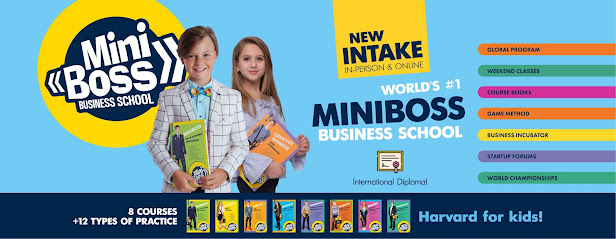
1. Focus on constructing your own understanding of a topic, not reproducing someone else’s
In the "Need to Know" section above, we noted that memory is fundamentally reconstructive, as opposed to reproductive, in nature. If you rely on passively rereading your course materials, you’ll tend to end up using your memory to try to reproduce the author’s understanding of the subject rather than generating your own. So, what is the best catalyst for generating your own understanding of what you read? The answer is to question what you read as you’re reading it. By responding to your own questions, you are forcing yourself to think about how to explain the subject matter in your own words and with reference to your previous knowledge and experience.
2. Alternate between studying similar topics
We often believe that it’s best to "block" topics when studying - to allocate a period of time for one topic, and to conclude a review of it before moving on to the next one. However, contemporary research has consistently indicated that alternating between different topics (referred to as ‘interleaving’) can be more effective, especially for topics that are similar in nature and might otherwise be easily conflated.
Here’s a general rule of thumb you can follow in figuring out whether it might be better to block or interleave your study efforts. Research indicates that interleaving seems to bias your attention towards looking for differences between topics. Therefore, it’s most effective when you’re studying topics that are similar (and require more effort to distinguish from each other). It’s also effective under conditions where you have discretion about assigning information to a category, as might be the case if you were classifying works of art. In contrast, blocking seems to focus your attention on looking for similarities between topics. Therefore, it’s best used for topics that can be easily distinguished and/or when category membership has been predetermined, such as would be the case if you were learning about elements of the periodic table.
3. Make retrieval practice an integral part of your studying
Testing is not just a way of measuring learning; it can also be a powerful mechanism of learning. This is another one of those findings in psychology that is so robust as to now be considered axiomatic. It’s referred to as the testing effect.
Contrary to how it might feel, both success and failure to retrieve information are helpful for your memory. Both outcomes serve to calibrate confidence in your perception of your knowledge. This is invaluable information in orienting your studying so that it is based on evidence of progress rather than guesswork! When studying, it’s not what you think you know that matters, but rather what you can prove you know. Strange, isn’t it? You probably always thought of tests as your nemesis and studiously tried to avoid them. Yet that whole time, you could have used them as a tool of learning.
You can incorporate retrieval practice organically into your studying by using the read, recite, review (3R) approach. This involves reading a short passage of text, putting the source to one side and trying to recall the information in your own words, before checking your recall against the source for factual accuracy. You repeat these steps until you are satisfied with your ability to capture the meaning (not words) of the source material in question.
4. Don’t just highlight material, think about it
By this point you will have gathered that interaction with your sources is important in studying effectively, but you should know that not all types of interaction are created equal. For example, highlighting text is a method that’s widely used by students. Ostensibly, this seems like a perfectly sensible thing to do when studying. Explicitly identifying the most important parts of a source should help focus your attention by filtering out less relevant material and reducing the burden on your memory.
However, the literature on the effectiveness of highlighting makes for unhappy reading, especially if you own a stationery shop. On the rare occasions where a study has shown highlighting to have a positive effect on learning, it’s not been the act of highlighting per se that is behind the effect. Rather, it’s the thinking behind what is being highlighted - why the highlighted information is significant – that counts. Indeed, research indicates that the people who report using highlighting most frequently tend to do it the least effectively and get the least benefit from its use.
A source



